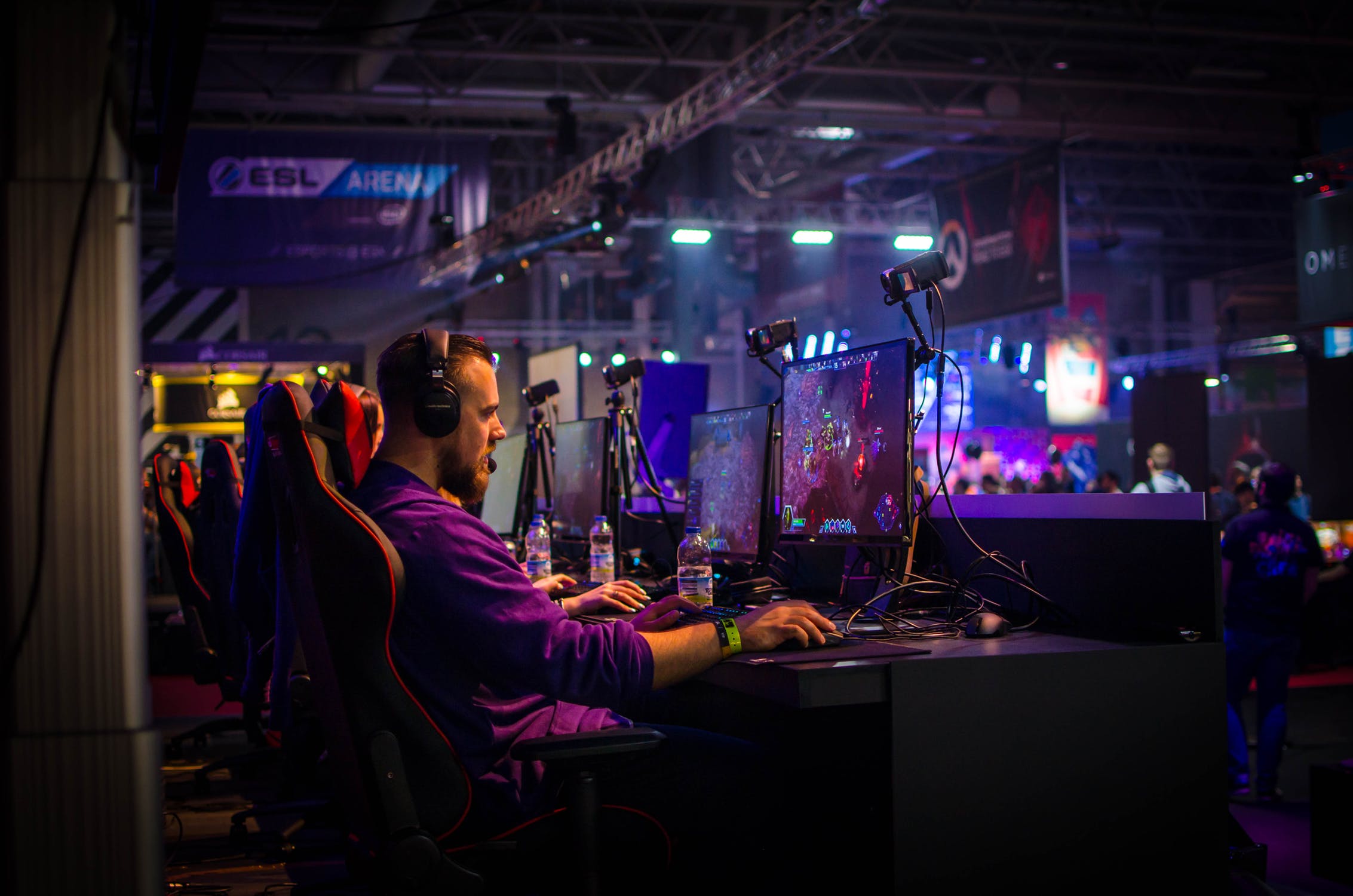From Sports to Esports and Vice-Versa
It’s not unheard of for actual sports stars to get into the esports scene, as demonstrated by former NBA player Rick Fox who owns the esports organization Echo Fox. They’ve signed on several big names like Tekken 7 players Knee and JDCR as well as SonicFox and Justin Wong, in the fighting game category. There is also former pro soccer player Wendell Lira, who retired from the sport due to injuries and now dominates in the competitive FIFA scene.
While sports athletes in esports are now very common, the same can’t be said for esports players becoming sports stars. Rarely, if ever, does an esports player transition to the pro sports industry. They cannot simply expect to spend the same hours in physical training as they would on video games. However, this doesn’t suggest that esports players are incapable of shining in traditional sports.
Formula One
For instance, the next generation of Formula 1 stars may come from gaming and esports. Fox Sports writer Max Laughton points out that professional drivers have been playing racing simulators for years as part of their training. Players who compete in the F1 Esports Series, which is centered on the F1 video game, go through similar training as professional drivers. The McLaren team believes their sim drivers can eventually compete in F1 racing, albeit they will certainly face very different challenges when on a real racetrack. The team recently signed on young driver Lando Norris who is set to compete in F1 this 2019. Norris has previously participated in online leagues and has had a simulator at home for some time.

Soccer
Meanwhile, The Guardian suggests that FIFA can be used by coaches to train and inspire young players. You can learn about the key attributes that define the best pro athletes as well as tactical concepts, styles of play and so on. The FIFA video game has also already influenced the sport in a few ways; the term “sweaty finishes,” which originates from FIFA, is now often tossed around in soccer development sessions. (A sweaty finish or sweaty goal, refers to when a player makes a sideways or backwards pass to another player in the clear in order to score a tap in.) Some coaches believe it is easier to talk to and teach young players using terms they already know from the games.
Earning Power
Perhaps the reason for the lack of esports players transitioning into traditional sports is because there is no real motivation. Nowadays, esports athletes earn as much as some pro sports players do, with some earning even more. DOTA Team Liquid currently has $24 million to their name, while three other esports players, Kuro Takhasomi, Johan Sundstein, and Amer Al-Barkawi, make the list of the top 52 sports competitors in terms of highest overall earnings. After all, major esports tournaments have high stakes. For instance, the DOTA 2 International will return in August 2019 with a prize pool of $25,532,177. Meanwhile, Epic Games has announced an ambitious $100 million prize money for its 2018/19 season. In comparison, the 2019 US Open Golf Championship will have a purse of around $12 million, while the next FIFA Women’s World Cup is set for a prize pool of $30 million.

It’s also worth noting that esports players are placed in organized and structured environments like those of professional sports teams. The Washington Post wrote about Team Liquid’s new training facility, which includes dedicated briefing rooms for post-game analysis and film sessions. The facility’s design stems from the idea of blending best practices from actual sports teams to mold Team Liquid’s players into the best “shape” they can be. So, while it is entirely possible for esports athletes to cross over to pro sports, their only incentive is the adrenaline and real-life danger.
Guest Contributor






